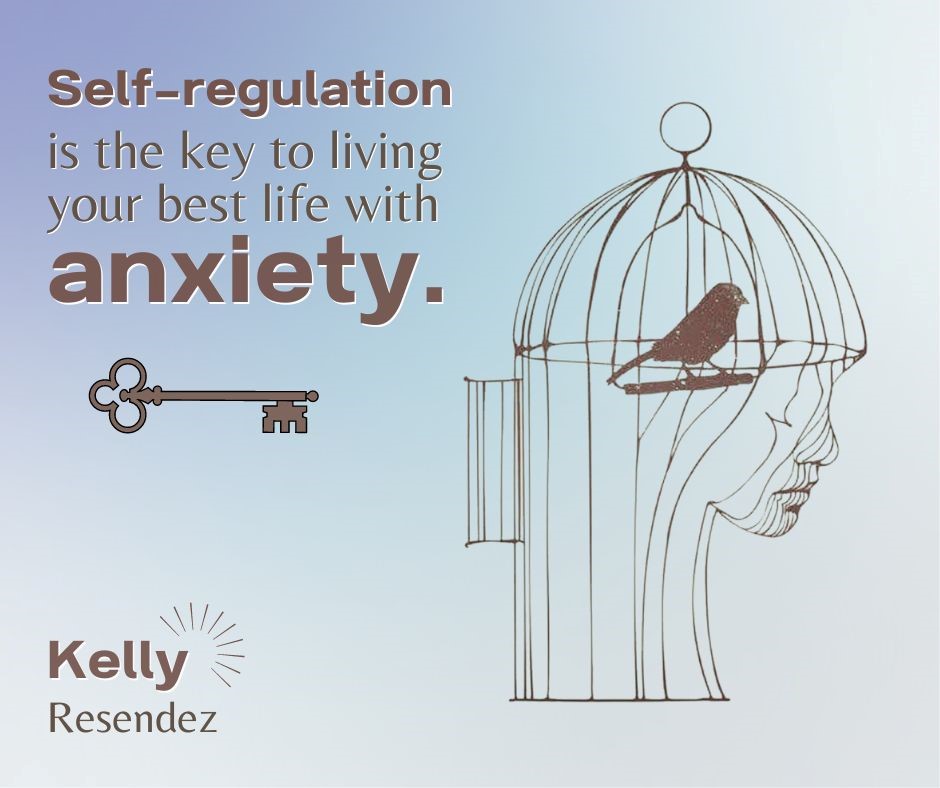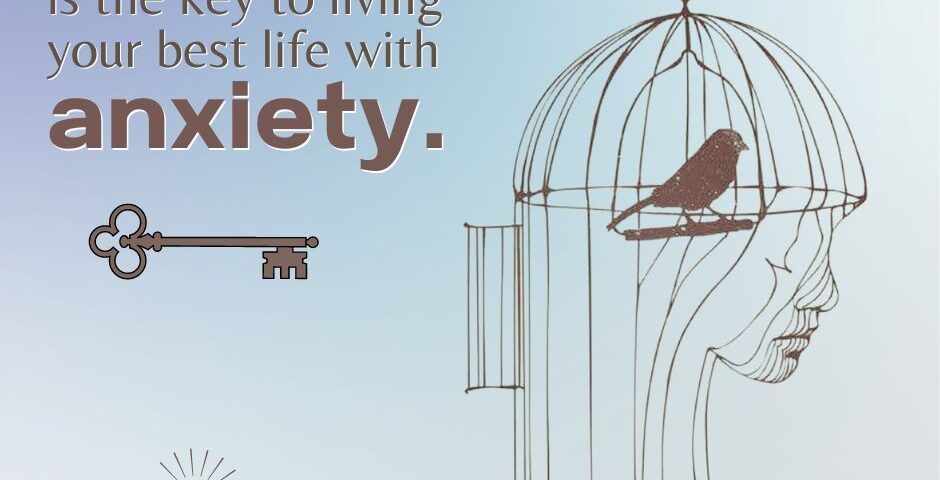
Examining the cultural shift in mental health awareness.
October 12, 2022
Green home improvements that increase your home’s value the most.
December 16, 2022
Many people suffer from anxiety these days and when left unchecked, it can become all-consuming and even debilitating in our lives. The good news is that with proper daily habits, a toolbox of effective coping mechanisms, and the discipline to self-regulate, you can not only manage your anxiety but still live your best life.
In fact, about 1 in 5 Americans – or 25 million of us – have some sort of anxiety disorder, making it the most common mental health condition in the U.S. Almost a third of us (31%) will experience an anxiety disorder in our lifetime.
Here are a few more notable facts you may find interesting:
- Generalized anxiety disorder (GAD) affects about 6% of U.S. adults at some point in their lives. While it’s treatable, about half of people with GAD experience symptoms for more than two years before reaching out for help and seeking treatment.
- One of the most common forms of anxiety is social anxiety, which affects around 12% of U.S. adults at some point in their lives.
- Females suffer from anxiety disorders at a higher rate than males.
- Anxiety is particularly troubling among young people. In fact, about 1 in 12 (8.5%) of all children aged 3-17 suffer an anxiety disorder. The prevalence of mental health conditions among younger populations is fast-growing due to the ubiquity of social media, FOMO, and other pressures.
- Anxiety goes hand-in-hand with other mental health and lifestyle factors. For instance, almost 50% of people diagnosed with depression also suffer from an anxiety disorder.
- Many factors contribute to our anxiety, including genetics, environment, preexisting conditions, lifestyle factors, past traumas, childhood issues or experiences, learned behaviors, and social influences such as poverty.
- I should also note that some level of anxiety is healthy and even necessary. From a biological perspective, anxiety is hard-wired in human beings as a means of self-preservation, heightening our senses and triggering action (fight or flight) when faced with imminent danger.
Of course, the problem arises when our over-activated minds perceive danger, displacement, or problems where none occur, such as is the state nearly 24/7 with many people in our society these days.
Self-regulation: the key to living with anxiety
Self-regulation is the most important aspect of living your best life with anxiety. Before you reach for medication – and definitely instead of masking your anxiety with alcohol, drugs, or other harmful habits, there are things you can do on a daily basis to mitigate the prevalence of your uneasy nervous feelings.
Simply put, you hold the power to treat your own anxiety with self-identification, daily habits, and implementing coping mechanisms. In fact, when you go to a therapist or engage in psychotherapy, the goal is often to give you the tools for better self-regulation.
It’s not easy, especially at first. But, like building any habit, with disciple and practice, self-regulation will prove to be a panacea to living your best life with anxiety.
Ways to self-regulate and cope with anxiety:
- Whether just taking a long walk or hitting a hard gym workout, physical activity boosts feel-good chemicals and endorphins in the brain, helping you feel more relaxed and reducing anxiety.
- Get out in nature – a little sunshine, fresh air, and reconnecting with the outdoors does wonders for our mental health and regulating anxiety.
- Slowing down your breathing and taking in full, measured breaths helps reduce anxiety, which causes you to breathe more rapidly and shallow. Deep breathing is also the natural byproduct of exercise, meditation, yoga, etc.
- There’s no better way of slowing your mind and improving your mental health in general than daily meditation and mindfulness practice. They will also improve your mood, sleep cycle, and just about every aspect of your health. Mindfulness brings us back to the present moment, reducing anxiety triggers about future troubles (that usually don’t come to fruition).
- Progressive muscle relaxation is a great technique for some people with anxiety. While sitting in quiet meditation and breathing deeply, one-by-one tense and then relax each part of your body, starting with your toes all the way up to your face and head.
- Write it out! Pick up a journal and clarify your thoughts, fears, or what’s triggering your anxiety. Putting your negative feelings on paper helps to define and alleviate them, and you’ll also notice patterns that emerge.
- Turn off your phone and step away from social media! Being connected all-too-often online is one of the biggest contributors to the rising prevalence of anxiety. So, stop the useless scrolling, put down your phone, and disconnect from devices to temper your anxiety.
- Listen to (or create) music, enjoy art, read a book, or take a bath.
- Reduce or eliminate the intake of caffeine and alcohol, which can contribute to increased anxiety levels.
- Self-assess your anxiety in the moment, measuring it on a scale of 1-10. Focus on getting it down just one number on that scale. By doing so, you’ll feel less overwhelmed, empowered, and more efficient at reducing your own anxiety by a “point,” two, or many more.
- Change your diet. Certain foods and supplements help reduce anxiety over the long term, such as foods high in omega-3 fatty acids (salmon, eggs, avocados, etc.), lemon balm, green tea, valerian root, dark chocolate, pumpkin seeds, turmeric, and more. Of course, junk foods and diets high in sugar, preservatives, fat, etc., negatively impact our gut health as well as mental health.
- Engage in positive self-talk and use affirmations. Anxiety can distort your assessment of potential threats or the downside in any situation, so it’s important to challenge those negative thoughts with your own intentional and uplifting self-dialogue.
- Aromatherapy activates specific receptors in your brain, helping you relax and easing anxiety. Try essential oils like lavender, jasmine, and rose oil, incense, or even naturally scented candles to see which you like and respond to.
- Just talking it out often helps – to a friend, family member, or your therapist. You can even join groups or online communities with others who suffer from anxiety, exchanging feelings, tips, and support. After all, the best way to feel better is sometimes to help someone else feel better!
- Learn to identify and manage your triggers, those stressful, emotional, or even traumatic events or factors that magnify your anxiety. For many, it can be being overworked, the ending of a romantic relationship, a death in the family, withdrawal from drug or alcohol use, or other momentous occasions. Knowing your triggers and how to avoid or manage them – even with extra sleep, exercise, a better diet, or just talking to someone, is an effective long-term strategy to minimize anxiety.
But if your anxiety feels completely beyond your control, keeps getting worse, or impacts your life in a profound negative manner, it’s time to get help.
From cognitive behavioral therapy (CBT) to medication when necessary, mental health professionals and doctors are equipped to make sure that anxiety doesn’t take over your life.
However, I’m confident that by self-regulating and implementing some of these coping mechanisms into your daily habits, you can still live your best life even with anxiety.




